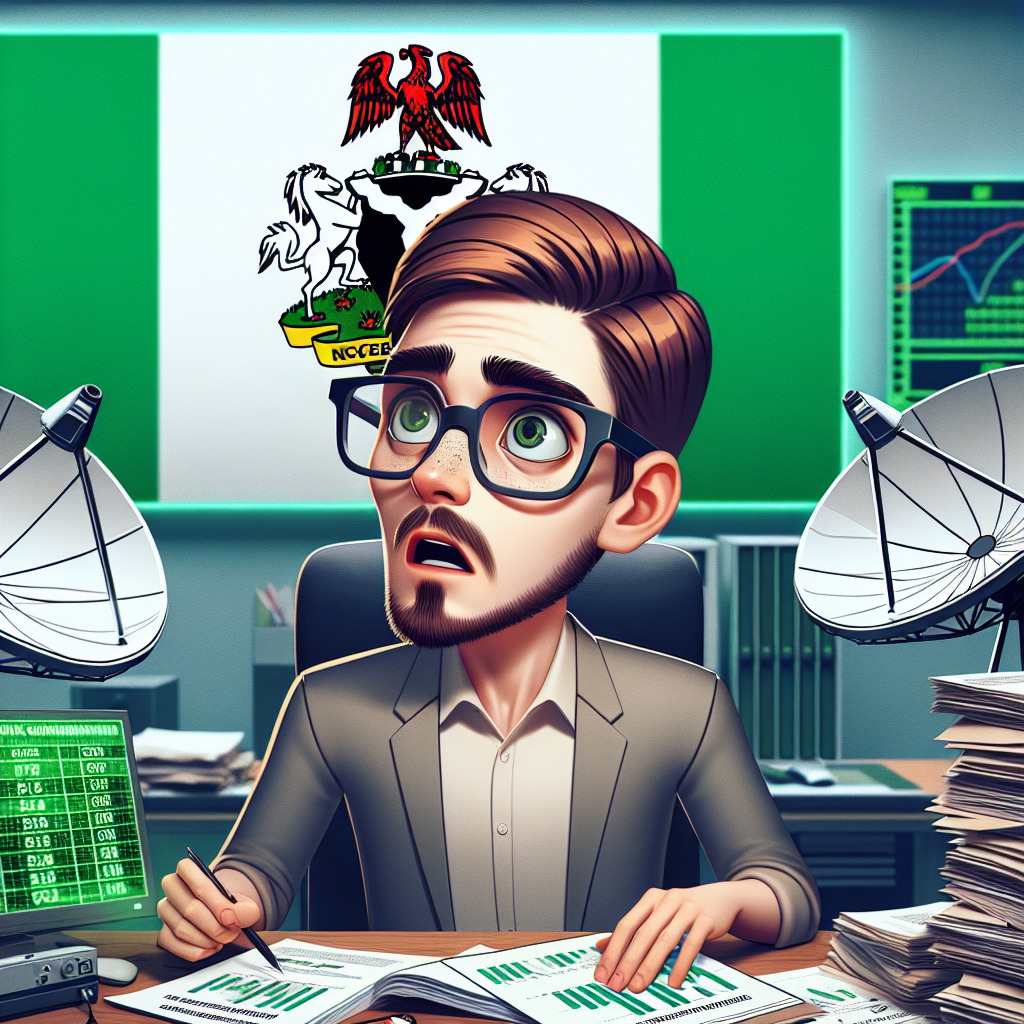Key Takeaways
- NCC to sanction Starlink for unapproved price hike.
- Monthly fee raised from N38,000 to N75,000.
- Nigerian laws require NCC tariff approvals.
The Nigerian Communications Commission (NCC) is embroiled in a regulatory standoff with Elon Musk’s Starlink over a sudden and unauthorized increase in service charges for its satellite internet offerings. This move has triggered a stern response from the NCC, as it challenges the pricing changes imposed without necessary approvals, highlighting the critical juncture where international business intersects with national regulatory frameworks.
Background of the Starlink Price Hike
Starlink, a subsidiary of SpaceX, known for revolutionizing internet connectivity through its satellite network, has made headlines in Nigeria. The company informed its Nigerian customers of a substantial hike in subscription prices, which has raised eyebrows both among users and within regulatory bodies.
Details of the Price Increase
Impacted Services:
- The monthly subscription fees saw an increase from the initial N38,000 to N75,000.
- The Starlink kit, essential for service installation, surged from N440,000 to N590,000, a 34% hike.
This steep rise in costs has positioned Starlink services out of reach for many Nigerians, leading to concerns over accessibility and fairness.
Reasons for the Price Hike
Starlink cited rising inflation as the primary reason for this significant price increase. The company indicated that adjusting prices is necessary to maintain business viability in light of economic conditions affecting operational costs
Regulatory Response and Legal Implications
Position of the Nigerian Communications Commission
In response to the price hike, the Nigerian Communications Commission has taken a firm stand. The action is seen as a direct contravention of the Nigerian Communications Act 2003, which sets out precise procedures and requirements for any tariff modifications by telecom operators.
Nigeria’s Legal Framework:
- Section 108: No telecom firm is permitted to alter tariffs without NCC’s explicit approval.
- Section 111: Provides NCC the authority to levy financial penalties for tariff violations.
These legislative clauses aim to maintain a balance, ensuring consumers are protected from undue charges and that the telecom market remains stable and predictable.
Potential Consequences for Starlink
Enforcement Measures
The NCC’s possible enforcement actions could range from monetary penalties to more stringent measures that may affect Starlink’s operations within Nigeria. This reflects a broader commitment to uphold the integrity of the country’s telecommunications regulations.
Strategic Implications:
- Ensures compliance with local rules is paramount, even for global enterprises.
- Highlights the diplomatic dance required when foreign companies interact with diverse regulatory landscapes.
Consumer Impact and Feedback
Reactions on the Ground
The price hike has unsurprisingly led to diverse reactions among Starlink’s user base in Nigeria. Many express frustration and concern over the affordability of high-speed internet, an essential commodity for daily operations in our increasingly digital world.
Key Consumer Concerns:
- Accessibility: Potential barrier to accessing reliable internet services.
- Affordability: Impact of the price increase on household and business budgets.
As consumers ultimately bear the brunt of such hikes, their feedback is crucial in shaping both regulatory actions and company policies.
Conclusion
The ongoing situation with Starlink serves as a reminder of the complexities international companies face when navigating national regulatory environments. For Starlink, aligning its business practices with local laws and maintaining affordable pricing models will be essential to sustaining consumer trust and fostering continued growth in the Nigerian market. As the NCC moves towards potentially sanctioning Starlink, the broader telecommunications landscape awaits to see how this regulatory challenge will unfold, setting a precedent for future international operations within Nigeria.




